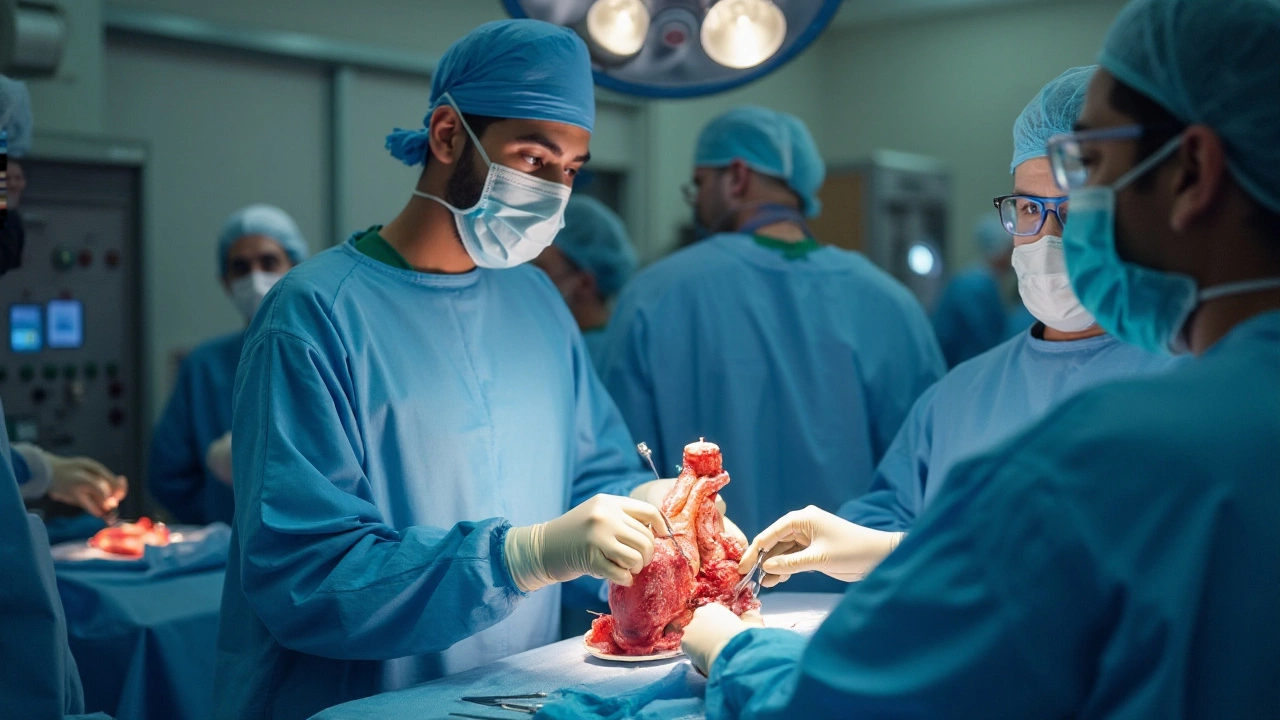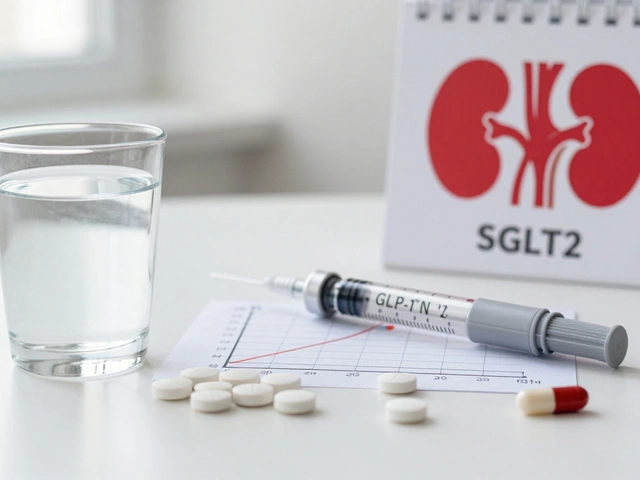Heart surgeries vary in complexity and risk. Some require exceptional skill due to the intricacies involved, such as heart transplants, coronary artery bypass grafting, and valve replacements. These surgeries demand a combination of expertise, precision, and sometimes innovative approaches. Understanding what makes them so challenging can provide insight into the advancements and dedication in the field of cardiac surgery.
Read MoreComplex Heart Operations – What You Need to Know
If you or a loved one is facing a complex heart operation, the first thing you probably want is a clear picture of what’s coming next. From the operating room to the day you walk out of the hospital, there are many steps that can feel overwhelming. This page pulls together the most useful info from our articles so you can understand the procedure, know what to expect during recovery, and pick up simple habits that speed up healing.
Understanding the Procedure and Risks
Complex heart surgeries include valve replacements, coronary bypasses, and advanced scar tissue repairs. The surgeon will open the chest, often using a heart‑lung machine, to keep blood flowing while the heart is stopped. Risks are real – bleeding, infection, and rhythm problems can happen – but modern Indian hospitals have strong safety records. Knowing the exact type of surgery helps you ask the right questions, like how long the heart will be on bypass or what medications you’ll need after the operation.
Our article “Life After Heart Surgery: Recovery, Expectations, and Real‑Life Tips” breaks down the most common concerns. It explains why pain is normal for the first few days, how to spot warning signs, and what lifestyle tweaks (like low‑salt meals) can protect your new heart. Keep that guide handy when you talk to your cardiologist.
Recovery Journey: Hospital Stay, Rehab & Daily Life
Most patients spend 5‑7 days in hospital after a major heart operation. The exact length depends on age, the specific surgery, and any complications. In “Average Hospital Stay After Heart Surgery: What to Expect & Helpful Tips,” we list the factors that can shorten or lengthen your stay and give practical advice – such as breathing exercises to keep lungs clear and how to move safely out of bed.
Once you’re home, the real work begins. Cardiac rehab programs guide you through gentle exercise, nutrition plans, and stress‑management techniques. Start with short walks, gradually increasing distance as your stamina builds. Stay hydrated, eat plenty of fruits, vegetables, and lean protein, and avoid heavy meals that strain the heart.
Don’t ignore the mental side of recovery. It’s normal to feel anxious or down after surgery. Talking with a therapist, joining a support group, or simply sharing your experience with friends can lift your mood and keep you motivated.
To make the next few weeks smoother, keep a simple checklist: take prescribed meds on time, monitor your wound for redness, track your blood pressure, and schedule follow‑up appointments. If anything feels off – sudden shortness of breath, sharp chest pain, or fever – call your doctor right away.
Complex heart operations are challenging, but with the right knowledge and a step‑by‑step plan, you can move from the operating table to feeling like yourself again. Use the articles linked on this tag for deeper dives, and remember that each small healthy choice adds up to a stronger heart.





